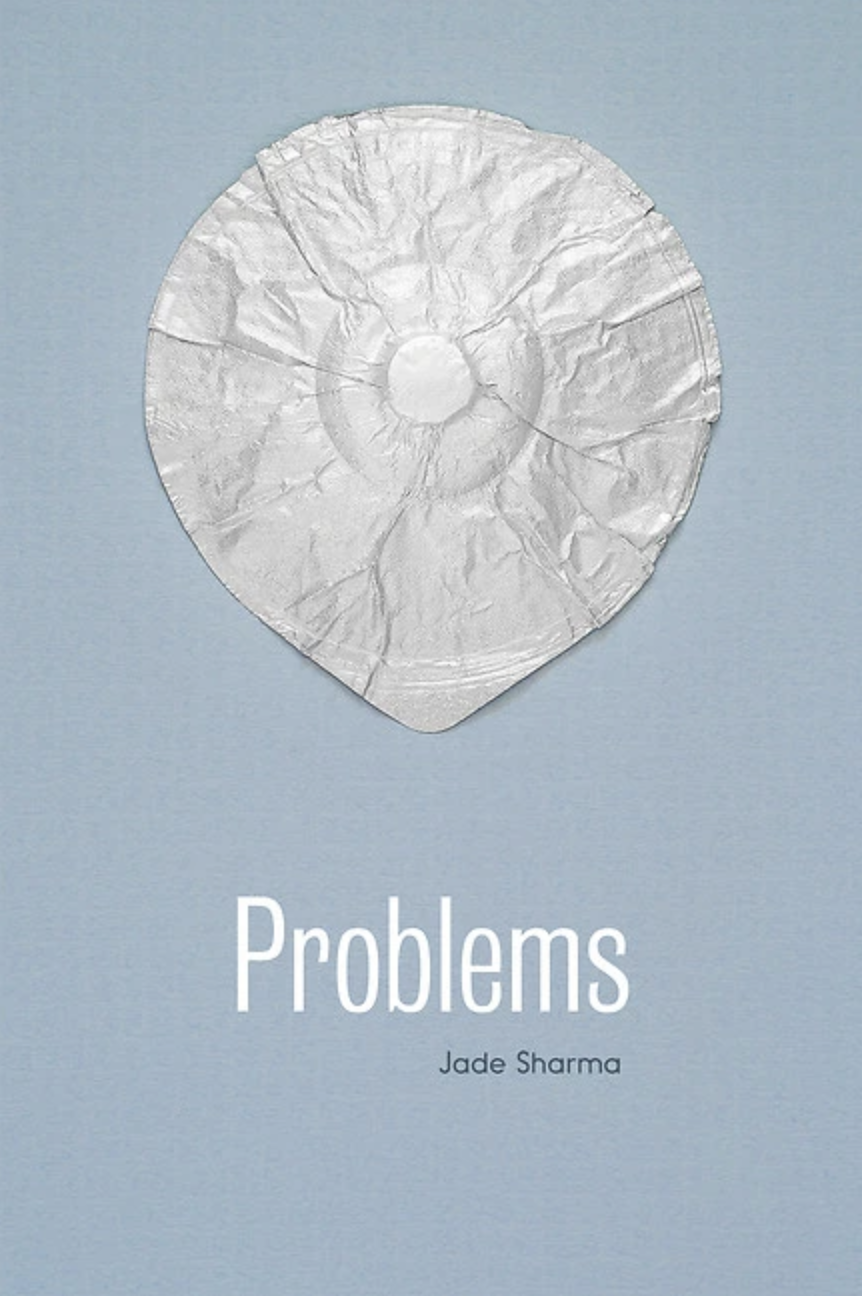
Sarah Nicole Prickett

WHEN A DEER, A DOE, STEPPED INTO THE ROAD perhaps a hundred and twenty feet ahead of the car I was driving, it seemed for a moment that she would die, even though, during the same moment, I did not feel afraid that I would hit her. I was calm; I returned my smoking hand to the steering wheel; I braked. The deer seemed to be looking at me. There was a chance she might actually run toward me. I switched off the high-beams. All of this happened in two and a half seconds, before the deer continued across the road, 
FAYE HAS JUST BOARDED an airplane when Kudos, the third novel in a trilogy about her middle life, begins. She boarded, after lunch with a billionaire, another airplane at the start of the first novel, Outline. She was reading a spam e-mail from an astrology service predicting “a major transit . . . in [her] sky” when the second, Transit, began. Passenger flight explains these incredible novels. At first, for several pages, it’s hard to relax. Why must we be in this stifled, banal environment, with no room to think? How long do we have to sit here? The air 
Durga Chew-Bose. Photo by Carrie Cheek. “Should I try to change my pitch?” Durga wonders, in consideration of her natural speaking voice, in an essay called “Upspeak.” “Should I try to sound more staid?” She asks her father how she could learn to speak differently. Easy, he replies: “Stop reacting to everything.” But then there would be no book for an essay called “Upspeak” to be in, and happily there is a book, Too Much and Not the Mood, a first collection of fourteen prose pieces in which Durga reacts to, and is acted upon by, the whole of CAROL RAMA can’t help seeing red. Red are the tongues and the nails and the tips of men’s dicks in her dirty watercolors, painted in her native Turin from 1936, when she was a teenage autodidact, until 2006, when she became too senile to work. Red is her favorite color, she once told an interviewer, “because of something I have always wanted to have been: a bullfighter. To be male. Beautiful.” In the same interview, she compared herself to a mad cow instead (Madame Bovine, c’est moi). 
Heroin doesn’t sound like heroine by accident. The name for the drug derives from hero, or heroes, as in the late-nineteenth-century soldiers on morphine who fought through their injuries and floated home. The same then-legal morphine was popular among women of the upper classes, who used it to socialize where drinking was considered a man’s game and to survive what they felt to be either their boredom or their subjugation, depending how woke a lady can be while she’s nodding off. Pauline Manford, the rich and inchoate lead in a middling Edith Wharton book, Twilight Sleep, refuses to soldier through 
“Sometimes I joke, well, I must be really good,” says Gary Indiana, sweet and wry, lighting his third cigarette of the four he allows himself daily. “To have been such a fucked-up mess, and to still have a body of work that I think—I hope—will live after me, that means I must really have been good.” We are outside Lucien, the Lower East Side bistro, after our interview, during which he did not swear at all. I note this because in his memoir, I Can Give You Anything But Love, out last year, he complains that one young interviewer added JUNE 1967. While Valerie Solanas issues a list of grievances called the SCUM Manifesto, Dorothy Iannone makes a grocery list for a boat trip to Iceland, where she will fall in love with fellow artist Dieter Roth, leaving her first (and last) marriage for the muse. A new book of Iannone’s works on paper begins with a reprinting of the series“An Icelandic Saga,” 1978-86, which tells of the meet-cute as if it were myth and continues nonchronologically through the now octogenarian’s ouevre, collecting the more memorable proofs of her love for what she, like Tibetan Buddhists and Heideggerians, calls the People who write professionally about Mariah Carey are required to note her staggering five-octave range, her fourteen top-ten albums, and her insane number of number-one singles (eighteen and counting). But I’m not here to count or be professional. I’m here to talk about Memoirs of an Imperfect Angel (2009), Mariah’s novel-length album, which is the thing I listen to while I try and try to write about intimacy. THE PHOTOGRAPHS of Jo Ann Callis describe (mostly) misnomered food, bodies, and household objects in stiffly fetishistic tableaux. Collected, they remind me of Gertrude Stein’s Tender Buttons. Stein: “Dirty is yellow. A sign of more in not mentioned.” Callis: A (woman’s) hand, dredged in flour, nails blackened, rests flat in a yolk of honey on a smooth, eggshell-colored bedsheet. You also glimpse a thigh, and the glint of hairs. Nothing in the image tells you why. It appears halfway through this new volume, which is the first to survey skin in Callis’s work—and, with its funny, silky slippages, exemplifies her 
Maggie Nelson is the only serious and literary person I’ve encountered whose speech is filled with more “you knows” than mine. Unlike mine, perhaps, her verbal tic is not so much a crutch as a helping hand: she’ll be saying something fast, brilliant, and thoughtful, and maybe you don’t totally get it, but when she says “you know,” she allows you to feel as if you do. Likewise, in her writing she seems able to address anyone, speaking to her readers with the same cool fluency and presumption of being understood she shows in conversing with the philosophers, poets, and